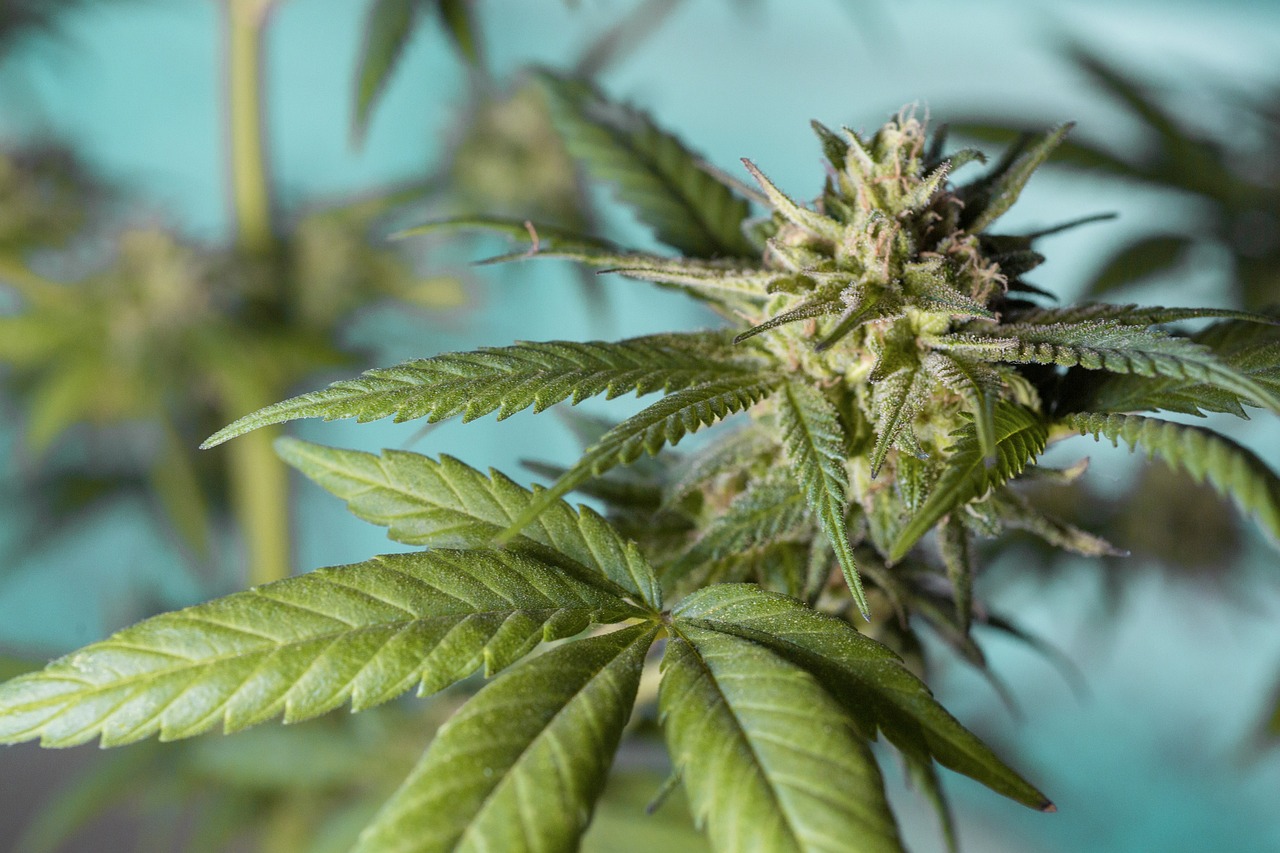
In recent years, the self-care movement has gained significant momentum, encouraging individuals to prioritize their mental and physical well-being. One emerging trend in this space is the use of THCA flower, a non-psychoactive compound found in cannabis, which offers a range of potential benefits. This article explores how incorporating THCA flower into your self-care routine can enhance your overall wellness.
Understanding THCA: The Basics
THCA, or tetrahydrocannabinolic acid, is a cannabinoid found in raw cannabis plants. Unlike THC, the compound responsible for the psychoactive effects of cannabis, THCA flower in alternative medicine does not produce a high. This makes it an appealing option for those seeking the therapeutic benefits of cannabis without the mind-altering effects.
How THCA Works
THCA interacts with the body’s endocannabinoid system, which plays a crucial role in regulating various physiological processes. By binding to specific receptors, THCA may help modulate pain, inflammation, and other bodily functions. Research is ongoing, but preliminary studies suggest that THCA holds promise for a variety of health applications.
Incorporating THCA Flower into Your Self-Care Routine
Integrating THCA flower into your self-care practices can be a rewarding experience. Here are some ways to do so:
- Juicing: Fresh cannabis leaves and flowers can be juiced to create a nutrient-rich beverage. This method preserves the THCA content, allowing you to enjoy its benefits without any psychoactive effects.
- Topicals: THCA-infused creams and balms can be applied directly to the skin, providing localized relief from pain and inflammation.
- Capsules: For those who prefer a more traditional approach, THCA capsules offer a convenient way to incorporate this cannabinoid into your daily routine.
Case Study: THCA and Pain Management
A study conducted by the University of Guelph explored the effects of THCA on pain management. Participants reported a significant reduction in pain levels after using THCA, highlighting its potential as a natural alternative to traditional pain medications. This case study underscores the growing interest in THCA as a therapeutic agent.
The Science Behind THCA’s Benefits
Research into THCA is still in its early stages, but existing studies provide valuable insights into its potential benefits:
- Anti-Inflammatory Properties: A study published in the British Journal of Pharmacology found that THCA exhibits anti-inflammatory effects, which could be beneficial for conditions like arthritis and inflammatory bowel disease.
- Neuroprotective Effects: Research from the University of Barcelona suggests that THCA may have neuroprotective properties, potentially offering benefits for neurodegenerative diseases such as Alzheimer’s and Parkinson’s.
- Antiemetic Effects: A study in the journal Pharmacology found that THCA may help reduce nausea and vomiting, making it a potential option for individuals undergoing chemotherapy.
Choosing the Right THCA Product
When selecting a THCA product, consider the following factors:
- Source: Opt for products derived from organically grown cannabis to minimize exposure to pesticides and other harmful chemicals.
- Extraction Method: Look for products that use clean extraction methods, such as CO2 extraction, to ensure purity and potency.
- Lab Testing: Choose products that have been third-party tested for quality and consistency.
Statistics on THCA Usage
According to a survey conducted by the Cannabis Research Institute, 42% of respondents reported using THCA products for pain relief, while 28% used them for inflammation. These statistics highlight the growing popularity of THCA as a natural wellness option.
Potential Challenges and Considerations
While THCA offers numerous potential benefits, there are some challenges to be aware of:
- Legal Status: The legality of THCA varies by region, so it’s important to research local laws before purchasing or using THCA products.
- Limited Research: As research on THCA is still developing, it’s important to approach its use with an open mind and stay informed about new findings.
Conclusion
Incorporating THCA flower into your self-care routine can offer a range of potential benefits, from pain relief to anti-inflammatory effects. As research continues to uncover the therapeutic potential of this cannabinoid, more individuals are turning to THCA as a natural alternative for enhancing their well-being. By understanding the science behind THCA and choosing high-quality products, you can elevate your self-care practices and support your overall health.
